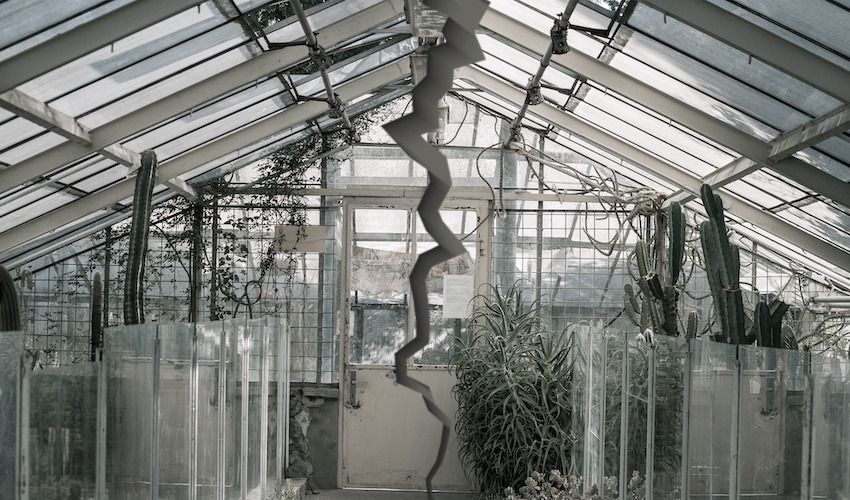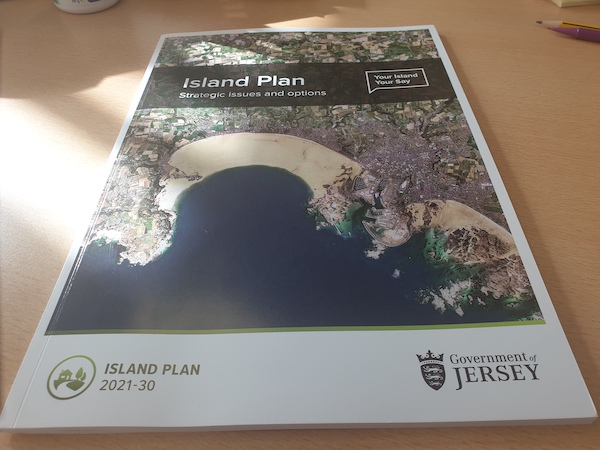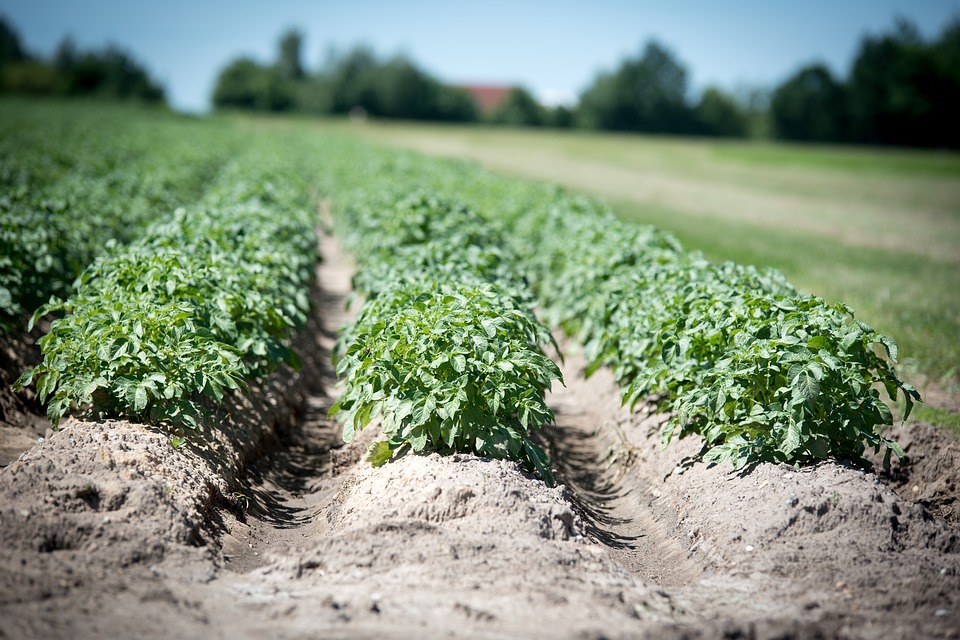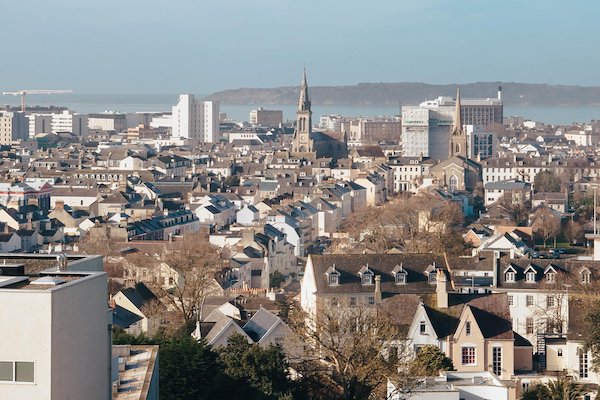


This week the results of a consultation on one of the most important documents to shape life in Jersey for the next decade have been published - the Island Plan 2021 to 2030 - and they show the strength of opposition to building in the countryside.
Yesterday, Express revealed that respondents would prefer to either build in town, with taller buildings if needed, and reclaim more land from the sea - rather than use green fields.
Today we focus on the responses for so called 'brown-field' sites, such as disused glasshouses.
It seems islanders would still rather this land too, be used for agriculture rather than for housing.
39% of respondents agreed that redundant and or derelict glasshouses should be removed, with the land being restored to open greenfield agricultural use.
Comments showed widespread support for prioritising agricultural land uses, with many participants voicing the importance of restoring the land to its former use.
Others criticised owners of derelict glasshouses whom they accused of deliberately ‘holding out’ to get planning permission to redevelop the land, and benefit economically, leaving sites in poor condition in the meantime.

Pictured: Islanders were asked to pick their favourite option in a list of five.
The findings come as the result of a three-month consultation on the Island Plan 2021-2030 which received 2,254 responses.
Among the 47 questions in the paper, islanders were asked to pick the statement they most agreed with regarding what to do with glasshouses when they are no longer needed or in poor condition.
Just 19% of people supported the idea of redeveloping them for something other than agriculture.
Redeveloping glasshouses for the provision of homes was the third most popular choice with 17%, while only 11% believed there should be a presumption in favour of using them for employment or commercial uses.
Those who support the option highlighted the need for affordable housing in Jersey, and the potential contribution disused land could make towards meeting demand.

Pictured: It seems islanders would still rather 'brown-field' sites, be used for agriculture rather than for housing
Nearly half of respondents (44%) considered that redevelopment of other agricultural buildings for other non-employment uses should not be allowed, compared with 28% who were in favour of redevelopment, potentially for housing.
The future of disused glasshouse sites, some of which have been left to decay into ‘blots’ on the rural landscape, has been under discussion since the decline of the indoor tomato and flower industries in the 1990s in face of European competition.
Attempts to redevelop glasshouses have previously been blocked by the Planning Department. This included plans to build 13 homes in Grantez as well as plans for a 27-unit luxury holiday village at Tamba Park.
Islanders’ feelings towards the redevelopment of glasshouses echo their opposition to further development in the countryside, where most derelict glasshouses are located.

Pictured: Islanders believe concentrating development in St. Helier is the best 'spatial strategy' option out of six.
As part of the consultation, islanders were asked to pick between one of five 'spatial strategy' options. This included increasing density in town or in other built-up areas, expanding the town to the north, east and west or to the south, expanding other built-up areas, a new settlement and development in the countryside.
Respondents favoured the concentration of development in St. Helier (71%) with the second favourite option being the expansion of town to the south with 63%.
Countryside development received the least support with 78% of respondents considering it ‘not very acceptable’ or ‘not acceptable at all’.
However, respondents were largely in favour of diversifying the use of agricultural land, with many suggesting it could be shared with renewable energy sources such as solar panel or for ecological initiatives.
Nonetheless, some respondents felt that specific areas of land should be protected from development, considering it is vital to preserve agricultural land for local food production, as well as its cultural and aesthetic value to Jersey.
Comments
Comments on this story express the views of the commentator only, not Bailiwick Publishing. We are unable to guarantee the accuracy of any of those comments.